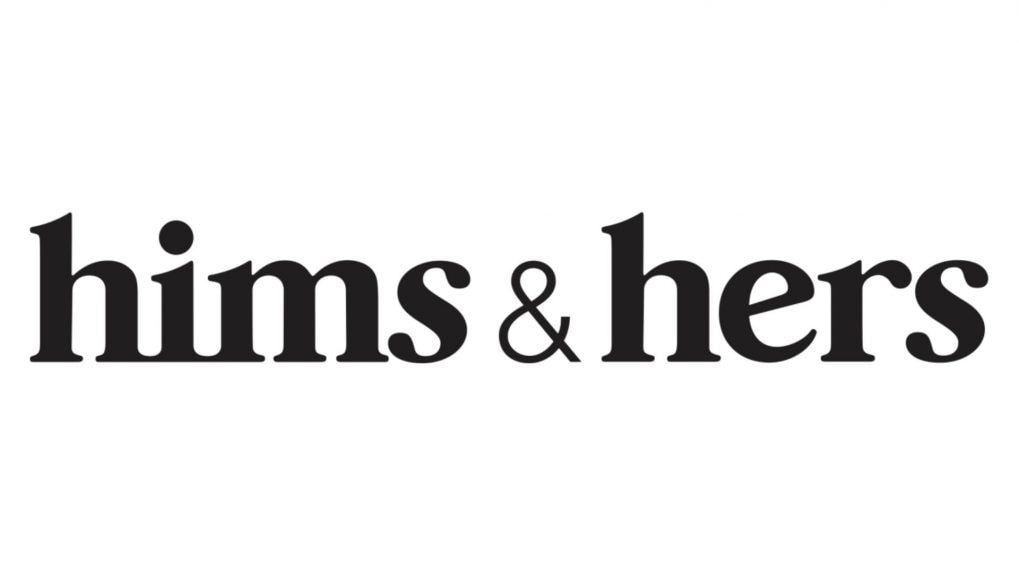FDA cracks down on Hims & Hers and others over misleading obesity drug claims
The FDA specifically warned Hims & Hers to remove "false and misleading" promotional claims from its website. These included statements that its compounded products contain the "same active ingredient" as FDA-approved drugs like Ozempic and Wegovy.
ADVERTISEMENT
On September 16, the U.S. Food and Drug Administration (FDA) issued more than 100 warning letters to various drugmakers and online prescription platforms, including Hims & Hers, which has built its business around lower-cost versions of popular obesity injections, according to media reports.
The FDA specifically warned Hims & Hers to remove "false and misleading" promotional claims from its website. These included statements that its compounded products contain the "same active ingredient" as FDA-approved drugs like Ozempic and Wegovy. However, the FDA clarified that such formulations are prepared by specialty compounding pharmacies and are not reviewed or approved by the agency.
This marks the FDA’s first significant move to regulate online platforms like Hims, which have operated in a gray area, often arguing that traditional drug advertising rules don’t apply to them. Hims has been under growing scrutiny in Washington for several months. Earlier this year, a Super Bowl ad from the company promoted the benefits of its weight-loss medications but failed to disclose any side effects or potential risks, added the reports.
This regulatory action comes amid a broader federal push for transparency in pharmaceutical advertising. On September 9, former President Donald Trump signed a presidential memorandum directing federal health agencies to require drugmakers to disclose more side effects in their advertisements and to enforce stricter rules around misleading claims. As reported by Bloomberg, this is part of a wider effort to disrupt billions in pharmaceutical ad spending, particularly on television and social media.
The U.S., alongside New Zealand, remains one of only two countries where direct-to-consumer pharmaceutical advertising is permitted. Health and Human Services Secretary Robert F. Kennedy Jr. has long prioritized curbing such advertising. However, the new regulations reportedly fall short of imposing a total ban.
The proposed changes are expected to significantly affect both pharmaceutical companies and media outlets that depend on ad revenue from the sector. Regulatory agencies also plan to step up enforcement against misleading advertising content in the pharmaceutical industry.

